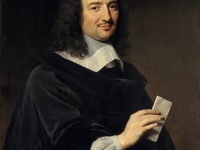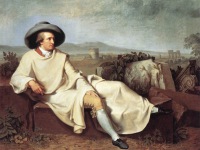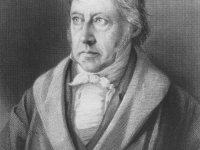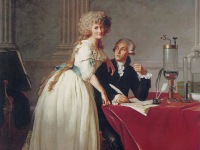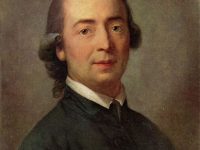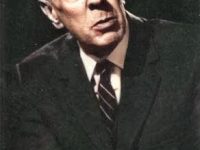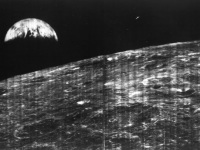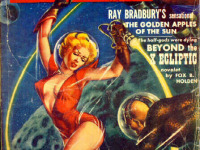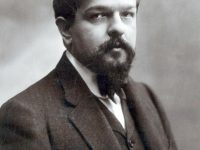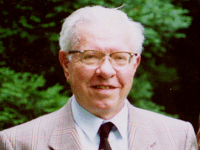The Invention of Financial Politics by Jean-Baptiste Colbert
On August 29, 1619, Jean-Baptiste Colbert, who served as Minister of Finances under the rule of Louis XIV., was born. Colbert‘s innovative financial politics was one of the basic pillars of French absolutism and was about to change the world into a modern economy. “The art of taxation consists of plucking the goose so as to obtain the most feathers with the least hissing” – Jean-Baptiste Colbert Jean Baptiste Colbert – Early…
Read more











